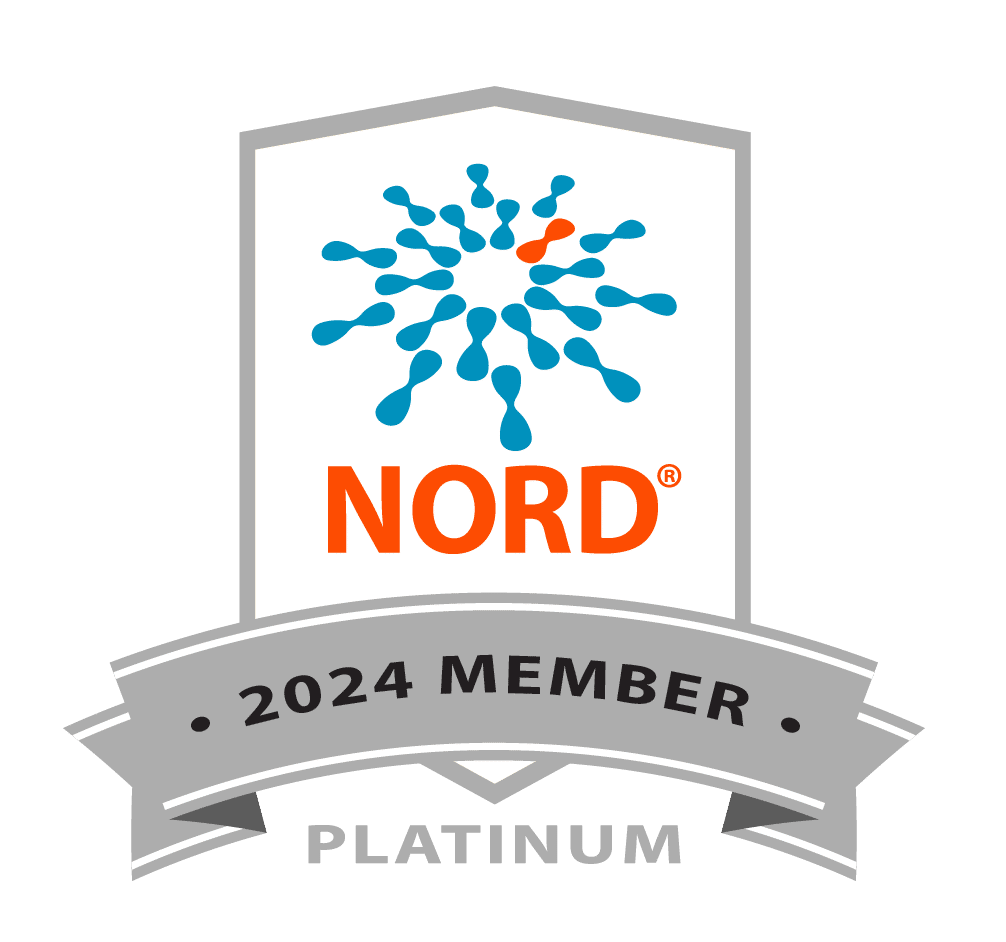Healthy life choices, in combination with treatment, can help manage Alpha-1 and prevent the condition from causing other health problems.

Here are some tips to protect your health after an Alpha-1 diagnosis:
Avoid smoking or being around cigarette smoke
People with Alpha-1 are more likely to experience lung damage and disease from cigarette smoke. Smoking can also cause lung damage to happen more quickly compared to people with Alpha-1 who don’t smoke. That’s because Alpha-1 prevents the body from producing a protein called alpha-1 antitrypsin (AAT) that protects the lungs.
Be safe when cleaning
Simple household chores like vacuuming kick up dust and other materials that can cause lung irritation or damage. Cleaning products with chemicals like chlorine and ammonia can also make lung problems worse.
People with Alpha-1 should take the following precautions when cleaning:
- Have someone else complete cleaning tasks, if possible
- Make sure the area being cleaned has good airflow; open a window or door, if necessary
- Avoid aerosol and spray products
- Use protection, such as goggles or a mask
- Use natural products, such as vinegar, instead of products with harsh chemicals
Take steps to avoid common infections
Common infections like a cold or the flu increase the risk of lung infections.
People with Alpha-1 should take the following steps to minimize the risk of developing common infections:
- Wash hands regularly
- Get a flu shot every year and other vaccinations as recommended
- Wear a medical-quality or N95 face mask when around other people
Follow a healthy diet
Eating well helps the body fight infections. It can also help maintain lung, heart, and liver health.
The following guidelines can help protect you from complications caused by Alpha-1:
- Eat plenty of fruits and vegetables
- Avoid processed foods
- Choose healthy proteins, such as beans and nuts
- Get plenty of vitamin D, which supports overall lung health
- Avoid alcohol
- Eat foods with phosphorus, such as dairy, fish, and whole grain cereals
Exercise regularly
Exercise improves overall health and lung health, in particular. Alpha-1, however, can affect your breathing and your ability to exercise safely.
Talk to your doctor before starting regular exercise. They may run tests to measure your heart and lung function. These tests can help determine how much exercise is safe.
Find emotional support
Coping with Alpha-1 can be challenging. This can lead to anxiety or depression, which affects quality of life. Support groups exist to help people with Alpha-1 cope with their diagnosis. Relaxation techniques can also be a useful at-home strategy. These techniques include:
- Breathing exercises
- Yoga
- Meditation
Stick to prescribed treatment plans
Following prescribed treatment plans can help people with Alpha-1 stay healthy. People with Alpha-1 should make sure to:
- Take all medications as directed
- Avoid medications with acetaminophen (Tylenol)
- See their lung doctor regularly
- Consider at-home devices for monitoring lung and liver health. Pulse oximeters, for example, can help measure blood oxygen levels











